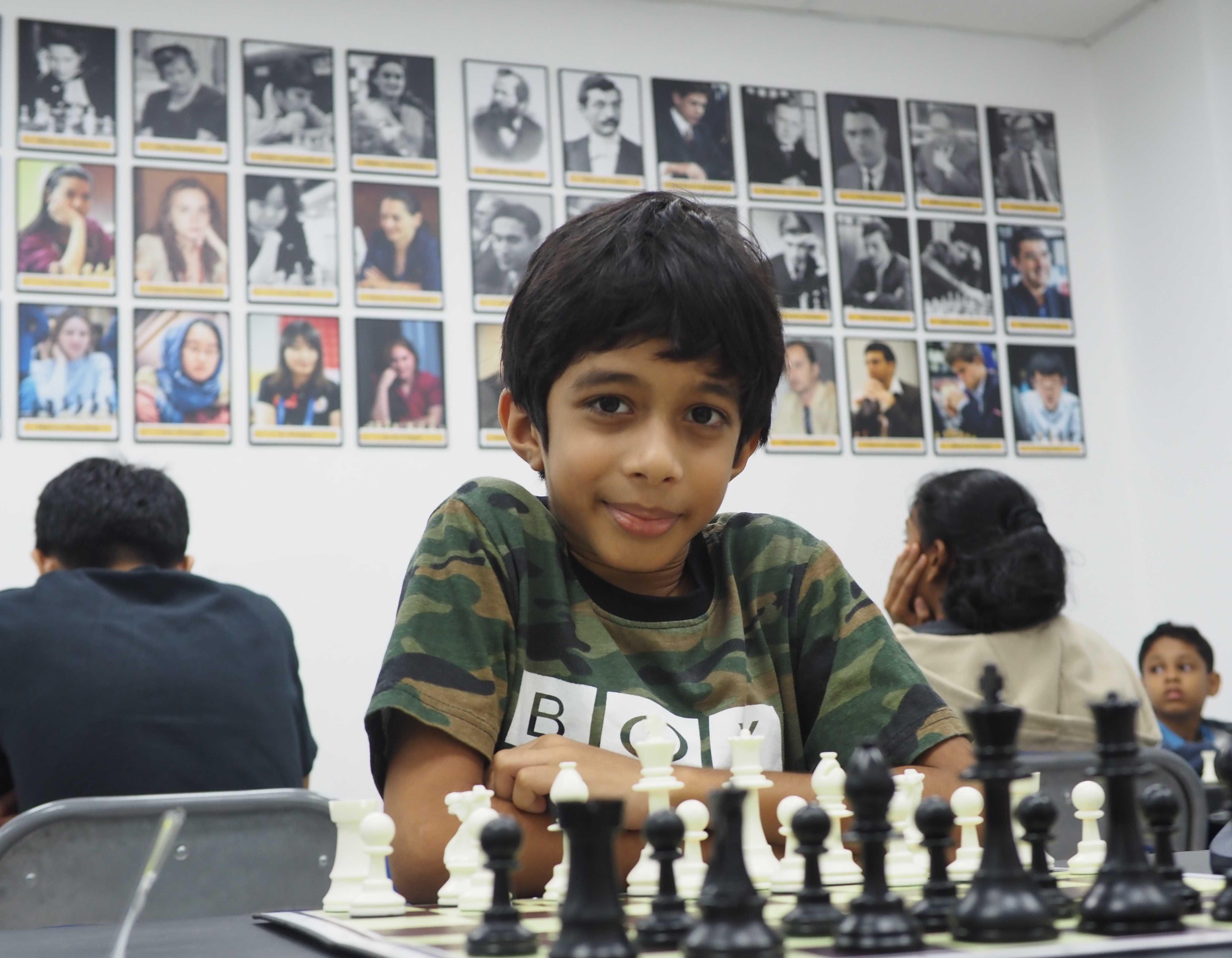 Children usually have more time to devote to chess improvement.
Children usually have more time to devote to chess improvement.
Kids have been taking over chess for a long time now. This is great for the game in the long term, but what about the adults who have to face these youths in tournaments?
A kid or teenager is usually still improving; if an adult is getting better, it’s typically at a slower rate. I’ve never been convinced that this is because of “younger vs. older brains.” Older players simply have more life responsibilities which require focus and energy that cannot be spent on chess.
Given two players of the same rating facing off, I would bet on the younger player in the absence of other information.
All is not lost, however.
Understand Your Adversary
I have played in many quads over the years where all of my opponents were kids or teens rated similarly to me, that is, in the 2000-2100 range. Bearing in mind everyone has a different style, here are some things I learned:
Home prep can make a huge difference
Kids stick to their openings and either don’t suspect or don’t respect prepared variations.
Research! If you know what openings your rival plays, do some pre-tournament work and find wrinkles to set them challenges. You can really make hay if you regularly face the same set of opponents and can develop a game plan against them.
Also, especially in Swiss tournaments, remember to go for a walk early in your rounds to see what potential opponents are playing. On a related note …
Put your thinking cap on
In one event, I noticed in the first two rounds that a player I was due to meet in the final round displayed impressive middlegame and endgame play, both tactical and strategic. His openings were quite refined as well. I asked myself: “Why is he under 2100 and not 2200+?”
I concluded the reason was likely psychological. Probably, he gets nervous and doesn’t handle pressure on par with other players of his rating class.
When we faced off, he got a definite advantage with the White pieces, though Black has some counterplay:
Trusting my scouting report, I played 21…Nd5 confidently and … offered him a draw!
Mind you, the clock wasn’t an issue for either of us.
He started to think … and think … and think. He began turning red and looked ill.
Soon he did what I expected, and agreed to the draw. I could tell he knew he shouldn’t do it, but he didn’t have the stomach to play on. I understood his emotions, because I’ve been there!
Target their Weaknesses
I faced one Expert kid five times. I lost the first game, drew the second from a much better position, and then won the last three encounters!
What happened?
In the first game I went for a slow, maneuvering Chigorin Ruy Lopez as Black, with the idea that young players are generally more comfortable with livelier positions. I was outplayed and lost the game, but I got to watch some of his other games in that event and others before we met again.
In our second game I went for a kingside attack, after observing that he didn’t handle direct attacks very well. I had great winning chances, but couldn’t crash through and drew.
After seeing more of my adversary’s games, I was able to prepare effectively for the final three battles and went for aggressive play. Our fourth game began with the sequence 1.e4 d6 2.d4 Nf6 3.Nc3 e5 (I knew he played this line) and now 4.Nf3 Nbd7 5.g4!? which had been popularized by Alexei Shirov.
I won in 17 moves.
I’m not a great attacker, but judged that he was an even worse defender.
Don’t be a Hero
Conversely, another Expert I often faced became my angstgegner. This was in large part because I was stubborn and kept trying — and failing — to refute his opening. But at a certain point, I felt I was doomed against him no matter what I did, and it affected my play. The final tally: one win, one draw, and four losses.
The bottom line: learn as much as you can about your young opponents’ playing style, openings, and likes/dislikes. Prepare well, establish a blueprint for your games in advance when possible, and trust your skills!
Good luck!
